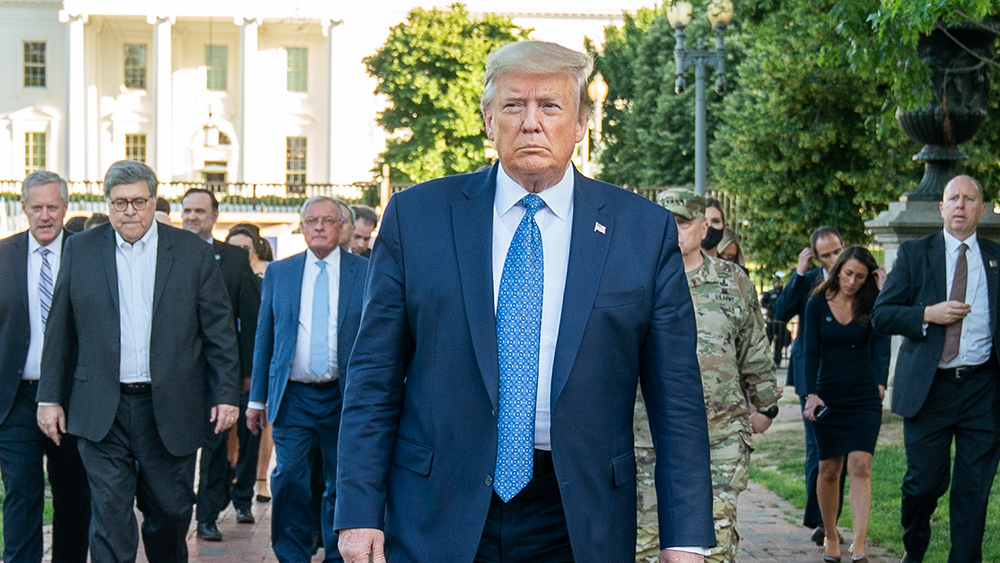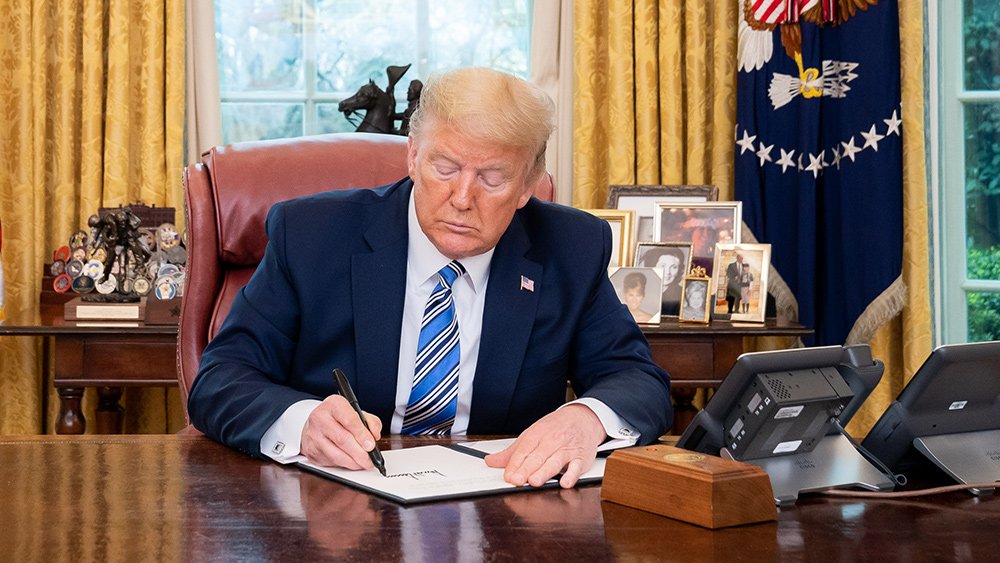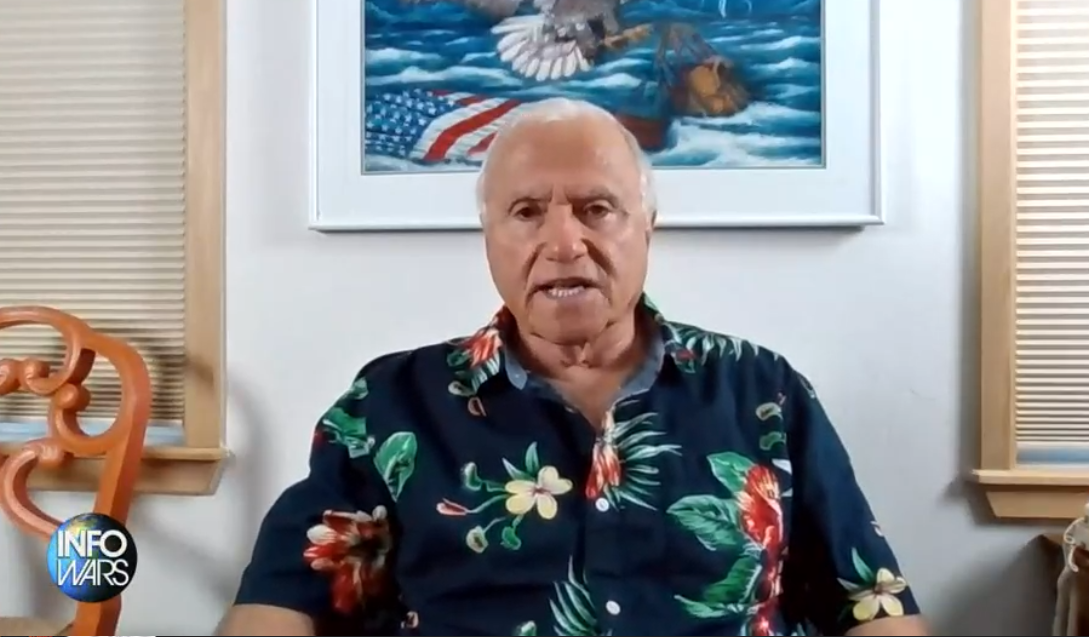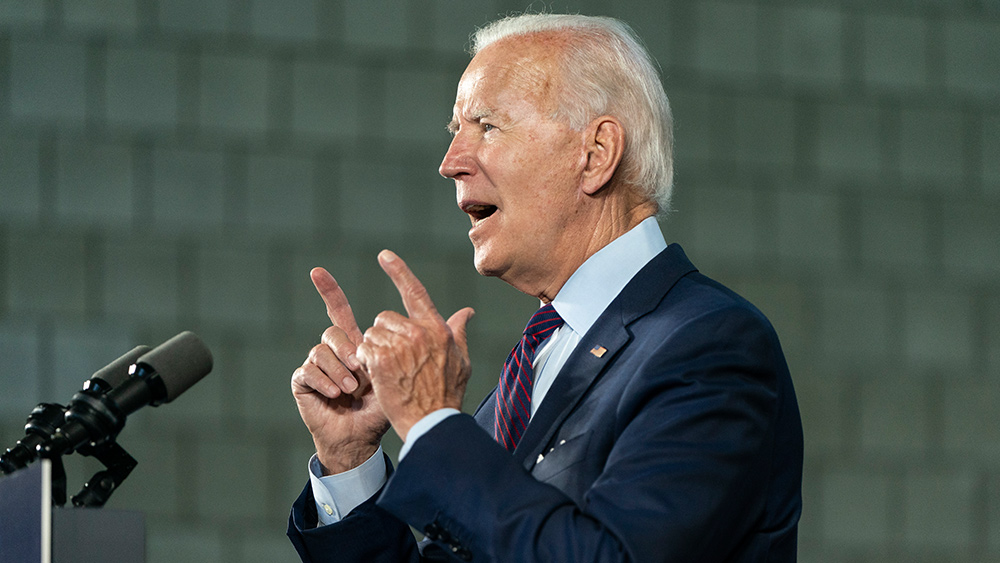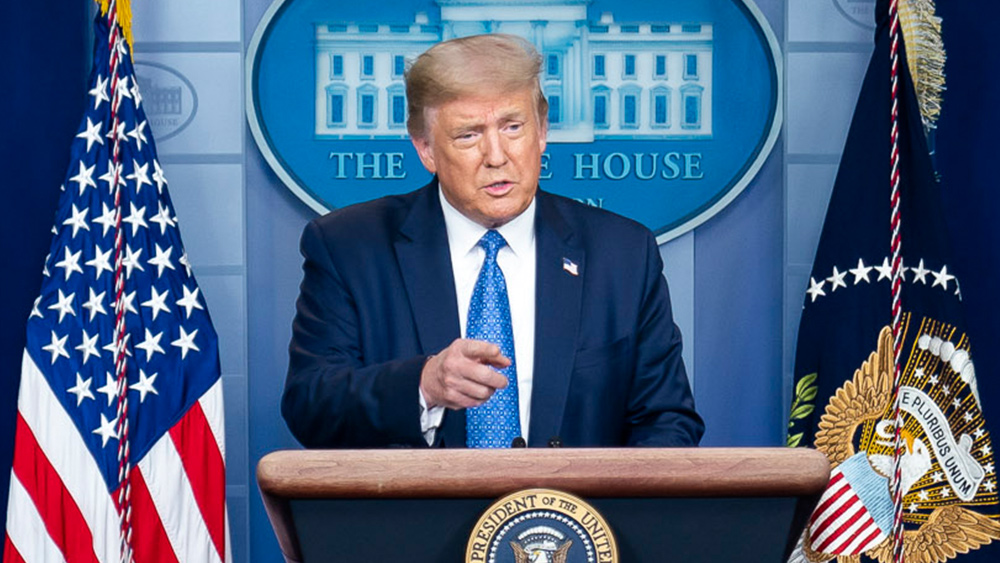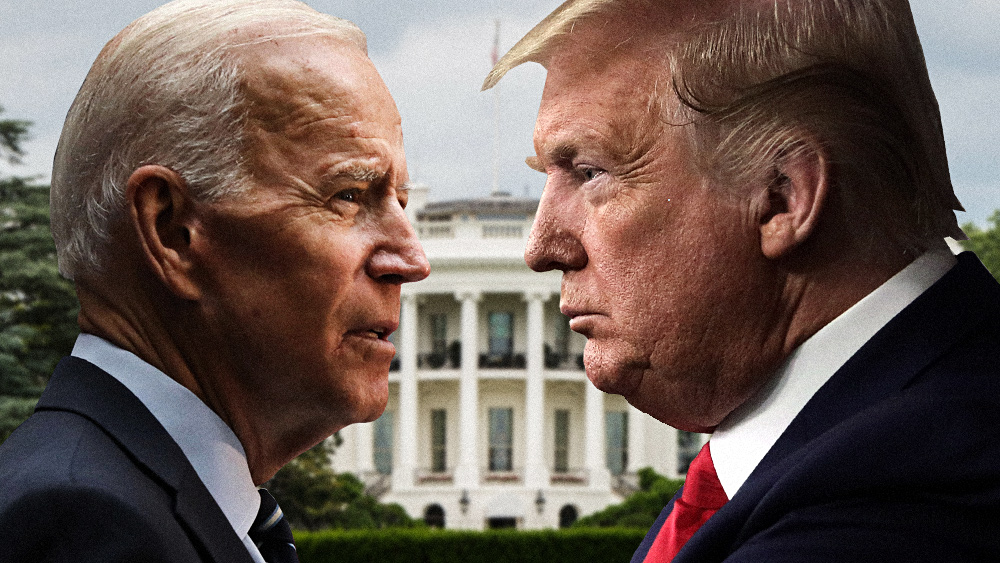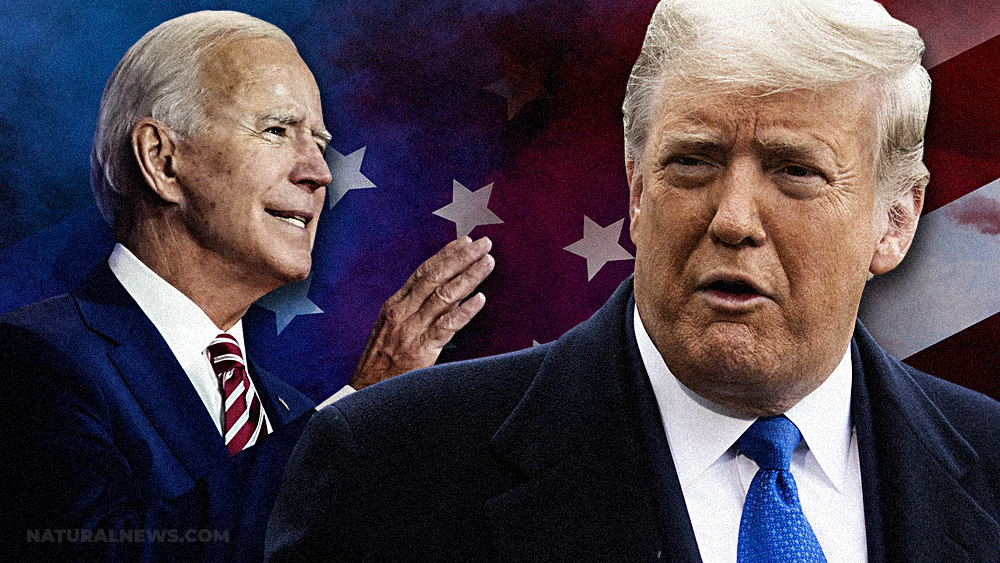General Service Administration secretly shared Trump transition team records with FBI, Mueller
10/28/2020 / By Ethan Huff
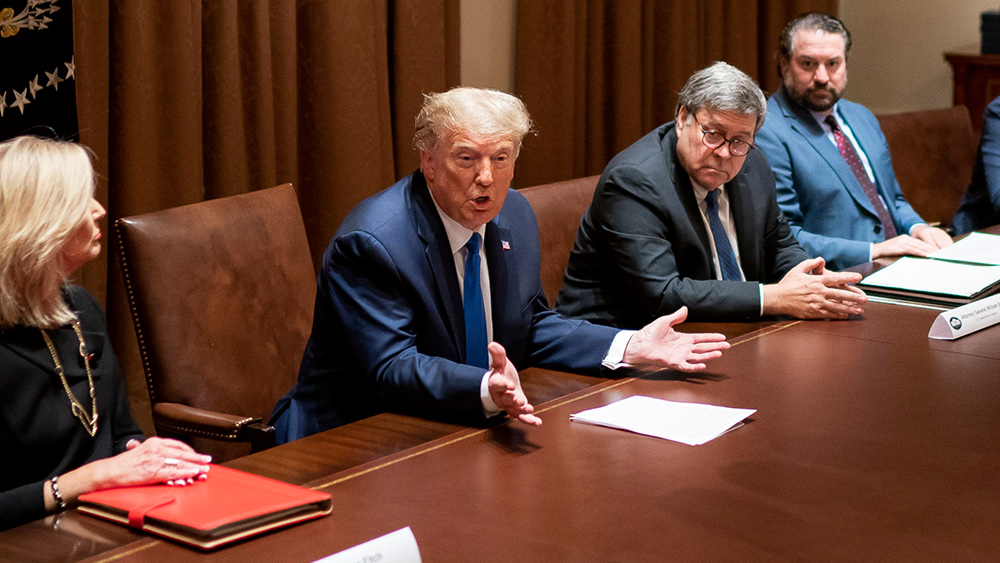
Two different Senate committees have determined that the General Services Administration (GSA) secretly shared records from the Trump transition team with then-special counsel Robert Mueller and the FBI back in 2017, even after agreeing not to.
While the GSA, which is tasked with providing services to the transition teams of both Democrat and Republican candidates, had agreed to keep the Trump team’s records private, the agency violated a memorandum by funneling said records to the FBI following Michael Flynn’s resignation as national security adviser.
GSA officials proactively contacted the FBI and inquired as to whether they should keep the Trump team’s records, despite having already agreed to return the records as private property. The FBI responded in the affirmative, telling the GSA to hold on to all records associated with Flynn.
Since the records were already in the process of being removed by the time the GSA had made the inquiry to the FBI, that process had to be stopped. This was not only a violation of its agreement with the Trump team, but it also occurred prior to the GSA receiving a formal preservation request from the FBI several months later.
To make matters worse, the GSA decided to not even tell the White House or Trump’s transition team about the preservation. It also refused to honor the Trump team’s request to access those records when requested.
Mueller directly requested Trump transition team records
It has further come out that Mueller’s team had made a request for Trump transition team records from the GSA in August 2017. Mueller’s team specifically asked for records on 13 officials including then-CIA Director Mike Pompeo and then-national security adviser to the vice president Keith Kellogg.
Mueller also wanted to know about Trump’s son-in-law Jared Kushner.
FBI assistant general counsel Kevin Clinesmith, who that same month pleaded guilty to altering an email as part of the process to obtain a secret court warrant to spy on a former Trump campaign adviser, reportedly sent the requested records to Mueller via two letterhead memoranda, reports reveal.
Keep in mind that the Mueller team did not issue a subpoena or furnish a search warrant, but instead merely demanded access to the records from Trump’s team. Likewise, the GSA did not offer the Trump team the opportunity to review the records before sending them to Mueller.
What remains unknown is which GSA officials contacted the FBI in the first place to inquire about sending the transition records following Flynn’s resignation.
“Given the news cycles, GSA decided it was prudent to inquire about preservation during the machine wiping process, so we reached out to the [GSA Inspector General], who contacted the FBI or DOJ and got the ball rolling for GSA’s preservation of records,” indicated GSA associate general counsel Seth Greenfeld in a June 8, 2017 email to Lenny Loewentritt, then-acting general counsel at GSA.
GSA Office of the Inspector General (OIG) counsel Ed Martin later confirmed that these “news cycles” were referring specifically to the resignation of Flynn.
At the time, Denise Turner Roth, an Obama appointee, was head of the GSA. Roth was replaced by Trump with Timothy Horne, who became acting administrator on Jan. 20, 2017, and Horne was eventually replaced by Emily Murphy, who was sworn in as the official new head of the GSA on Dec. 12, 2017.
This newly discovered breaching of the GSA’s memorandum of understanding with the Trump transition team represents “another example of the disparate treatment the Trump campaign and administration received from the federal bureaucracy,” a Senate staff report explains.
“The purpose of this staff report is transparency, to provide the public an understanding of how exactly the transition process was corrupted in 2016 so that it does not happen again.”
More related news about deep state corruption can be found at Corruption.news.
Sources for this article include:
Tagged Under: FBI, General Service Administration, GSA, Records, Robert Mueller, secret, Senate report, Trump Transition Team
RECENT NEWS & ARTICLES
COPYRIGHT © 2017 WHITE HOUSE NEWS


